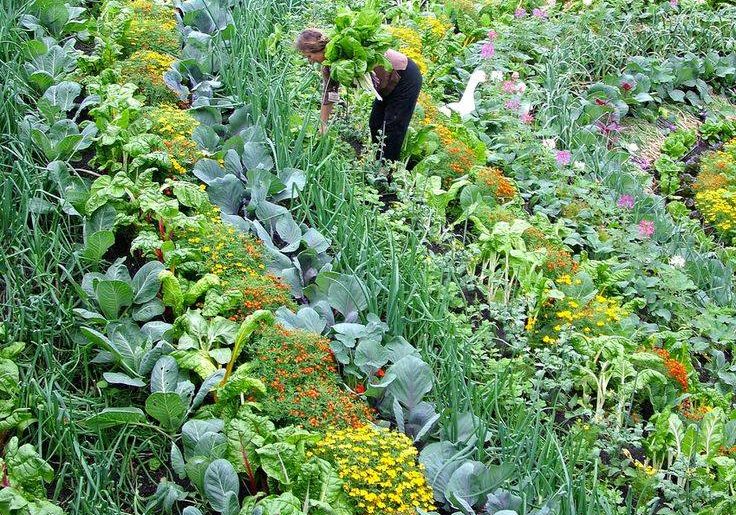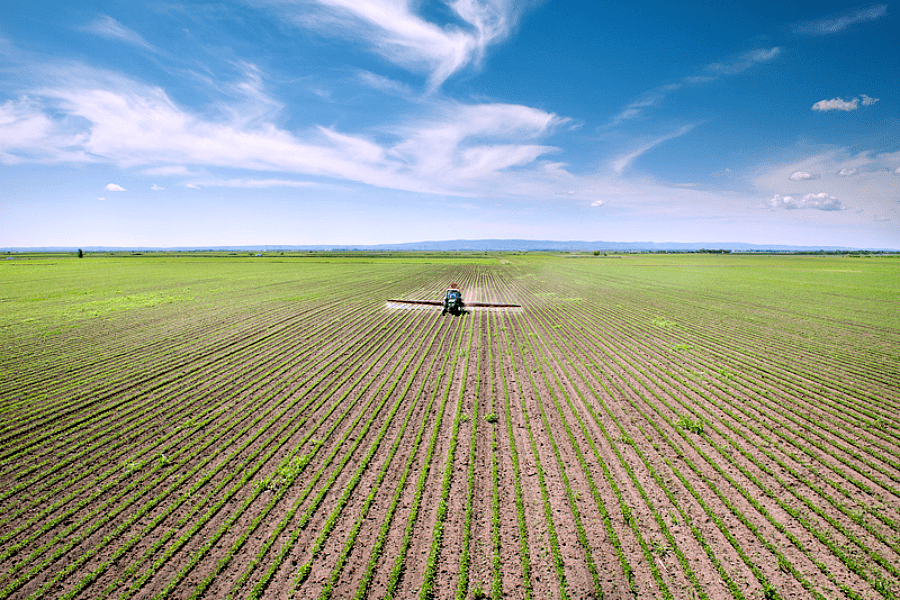SPAIN. The new common agricultural policy (CAP) will start in 2023 and not 2021 as expected. Meanwhile, the same rules apply over this two-year extension of the previous 2014-2020 CAP.
On 27 July, the Spanish Minister of Agriculture, Luis Planas, seemed excited about the CAP agreements. CAP negotiations started in 2018 and have not yet establish their legal frame. European Union (EU) members have already determined subsidy amounts. Spain can count on almost €48.000 M. In addition to securing aid for Spanish farmers, Mr. Planas said the new CAP “is going to be a 180 degrees change, a new concept.” He added in declarations to EL PAÍS that it will have “lots of green content”. CAP emphasizes the creation of vibrant rural areas because, as the same document claims, the future is rural.
Environmental organizations and scientists have expressed with constancy the need for fundamental changes in CAP subsidies. Studies by the United Nations (UN), the EU, and the Food and Agriculture Organisation (FAO) recommend small agroecological farms in order to preserve biodiversity, to secure food production, to address Europe’s rural crisis, and to help restore ecosystems.
Transcontinental Times analyses the CAP green outlook with Encina Alvárez, former IT engineer turned agroecological farmer.
CAP: a quick overview
CAP’s main objective is to guarantee food security in the EU. The program officially started in 1962 granting subsidies to European farmers. CAP has been one of the main areas of policy-making in the EU. It was the largest subsidy program in the world in 2014, amounting to almost 40% of the EU budget. For 2023 we are talking about 28.5% of the total.
Agricultural policies have undergone significant reforms. The MacSherry reform in 1992 was a major one. It granted subsidies per hectare regardless of production. This means the more land one has, the more money one receives.
Climate change, food security, and large migrations from rural areas are some of CAP’s new challenges. CAP’s intention is to act in synchronicity with Europe’s Green Deal on two fronts: Biodiversity and From Food to Fork. The first strategy aims to restore Biodiversity, the second “to make food systems fair, healthy, and environmentally-friendly.”
Land and Biodiversity
The UN and the EU contend since 2010 that land regeneration is key to addressing both climate change and social conflicts. We lose an estimated amount of 3.4 tonnes per person per year of fertile soil due to erosion. And we need land to produce fibres, food, and fresh water.

Moreover, the FAO confirms land regeneration to be beneficial for both biodiversity and securing healthy food production. This, the study continues, is possible with small agroecological farms.
“Spatially-targeted measures supporting smaller farms which carry out sustainable farming and maintain high nature value farmland” is precisely what scientists are asking the EU to implement in the new CAP.
Mono-crop kills biodiversity
Sustainable Agriculture and Soil Conservation (SoCo) is an EU project to study biodiversity. According to this study what kills biodiversity is the “unsustainable use of fertilizers and agro-chemicals, (…) use of heavy machinery, specialization of production systems, reduction in the number of species and varieties used, conversion of natural ecosystems to agriculture, re-parceling, drainage, and irrigation.” Exactly what happens in highly mechanized monocultures.

CAP’s beneficiaries: size does matter
Cap beneficiaries have been under scrutiny these last years. According to investigations run by different media outlets and organizations, most direct beneficiaries are large landowners and corporations. Investigations claim that since CAP gives subsidies to extension regardless of production, agro-corporations, multinationals, and the wealthy are the ones that receive more subsidies because they already own more land. Since production is not relevant, subsidized larger farms are not necessarily viable. Some are basically maintained by EU CAP.
The type of agriculture that befits large land extensions are maximum yield and highly mechanized monocultures. This is the kind of agriculture CAP benefits from the beginning. By their own structure, smaller agroecological farms are sustainable and produce without any of the elements that destroy biodiversity.
CAP 2023: No environmental accountability
Subsidies will still be granted per hectare, regardless of production or extension. A capping of €100.000 per year per beneficiary has been proposed although protested by several State Members. The new CAP rural development budget reduction by 28% didn’t start such controversy. Nor did the fact that agroecology will have less visibility than it did in the previous CAP.
EU State Members will benefit from larger liberty. Firstly, they will develop national strategic plans to implement CAP measures, especially with regards to the environment. This means that every State Member will be able to decide what to do with Biodiversity and Food to Fork strategies. Concern has been raised as this might result in very different environmental standards among states. Without environmental accountability, the new CAP is not really aligning itself with the Green Deal, despite Mr. Plana’s enthusiasm.
Walk the talk
It seems high time to invest in agriculture that can effectively sustain us, the land, and its farmers.
Conversations are not over; although, it seems difficult that after two years of negotiations, State Members will include bold and decisive measures to secure food production and land protection.
Meanwhile, Encina Álvarez is closing down her small rural agroecological farming for lack of support.



